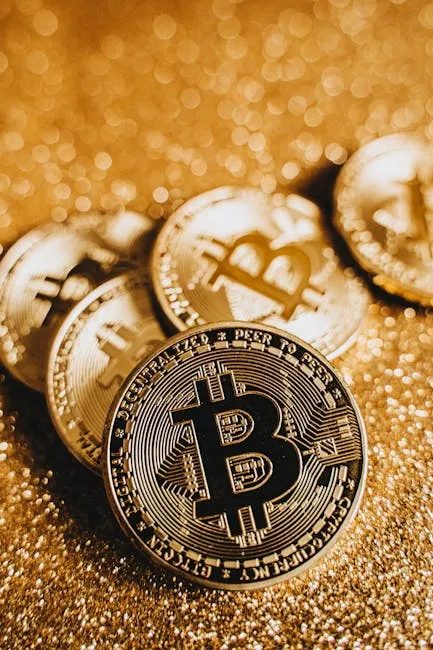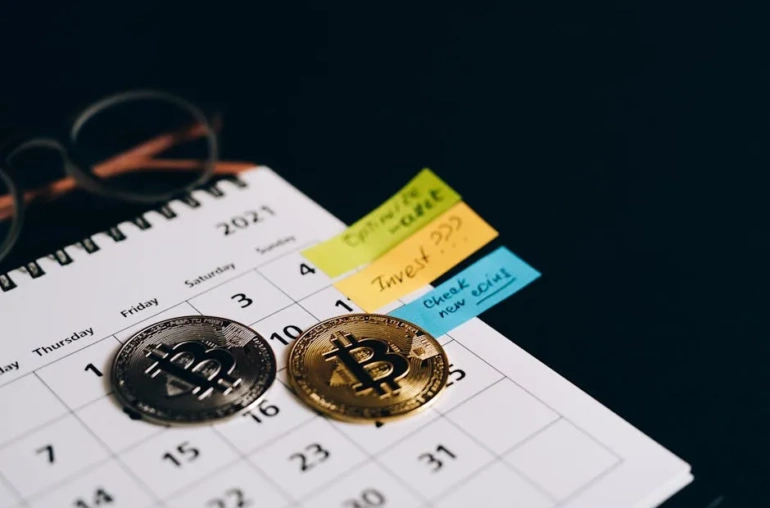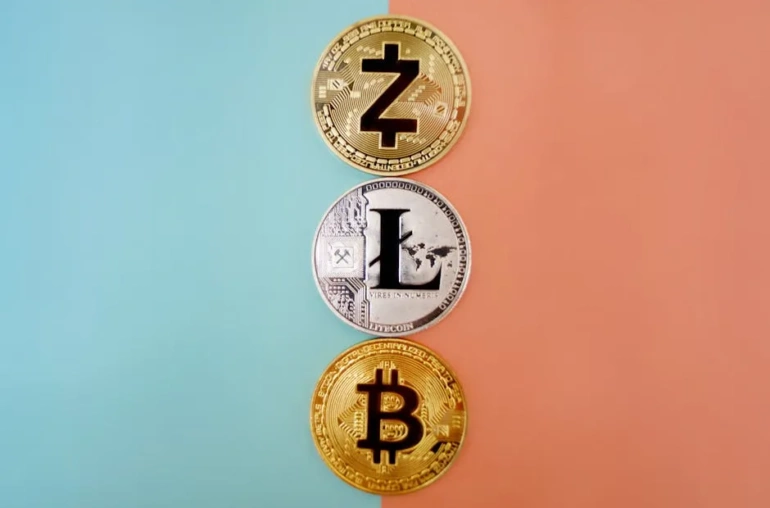
Bitcoin’s Growing Role in Reserve Discussions: Can It Compete with Gold?
As global economic dynamics shift, central banks are increasingly reevaluating their reserve strategies. In a world where the dollar’s strength is waning, gold continues to hold its ground as a preferred reserve asset. However, Bitcoin is quietly making its case in these high-stakes discussions.
The Dollar’s Declining Influence
The U.S. dollar has long been the cornerstone of global finance, but recent trends suggest its influence is beginning to falter. Factors such as inflation, geopolitical tensions, and the rise of alternative currencies are prompting central banks to reconsider their reliance on the dollar. As they look for stability and security, many are turning their attention back to gold, a timeless asset that has consistently served as a hedge against economic uncertainty.
Gold: The Traditional Safe Haven
Gold has been the go-to reserve asset for centuries, and its appeal remains strong. Central banks around the world are increasing their gold reserves to mitigate risks associated with fiat currencies. The allure of gold lies in its scarcity and intrinsic value, making it a reliable store of wealth during turbulent times. As countries aim to shield themselves from the economic fallout of a weakening dollar, gold’s position as a safe haven is more relevant than ever.
Bitcoin’s Quiet Ascent
Amidst this backdrop, Bitcoin is emerging as a potential contender in the reserve currency conversation. While not yet universally accepted as a mainstream reserve asset, Bitcoin is gaining traction among sovereign entities. Its decentralized nature, limited supply, and ability to facilitate cross-border transactions without the need for intermediaries make it an attractive option for some central banks exploring innovative reserve solutions.
Bitcoin’s adoption in reserve discussions is still in its infancy, but its technological advantages and growing institutional interest cannot be ignored. Central banks are increasingly recognizing the need to diversify their reserves beyond traditional assets, and Bitcoin may hold a place in that future.
The Road Ahead
As the global economy continues to evolve, the conversation around reserve currencies will undoubtedly grow more complex. While gold is likely to maintain its status as a primary reserve asset, Bitcoin’s potential to disrupt traditional finance is real. Central banks will need to weigh the risks and benefits of incorporating digital currencies into their reserves, considering factors such as volatility, regulatory frameworks, and the overall maturity of the cryptocurrency market.
In conclusion, the dynamics of reserve assets are shifting as the dollar weakens. Gold remains the dominant player, but Bitcoin’s quiet rise in reserve discussions signals a possible transformation in the landscape of global finance. As central banks navigate this changing environment, the future of reserve currencies will be fascinating to observe.



